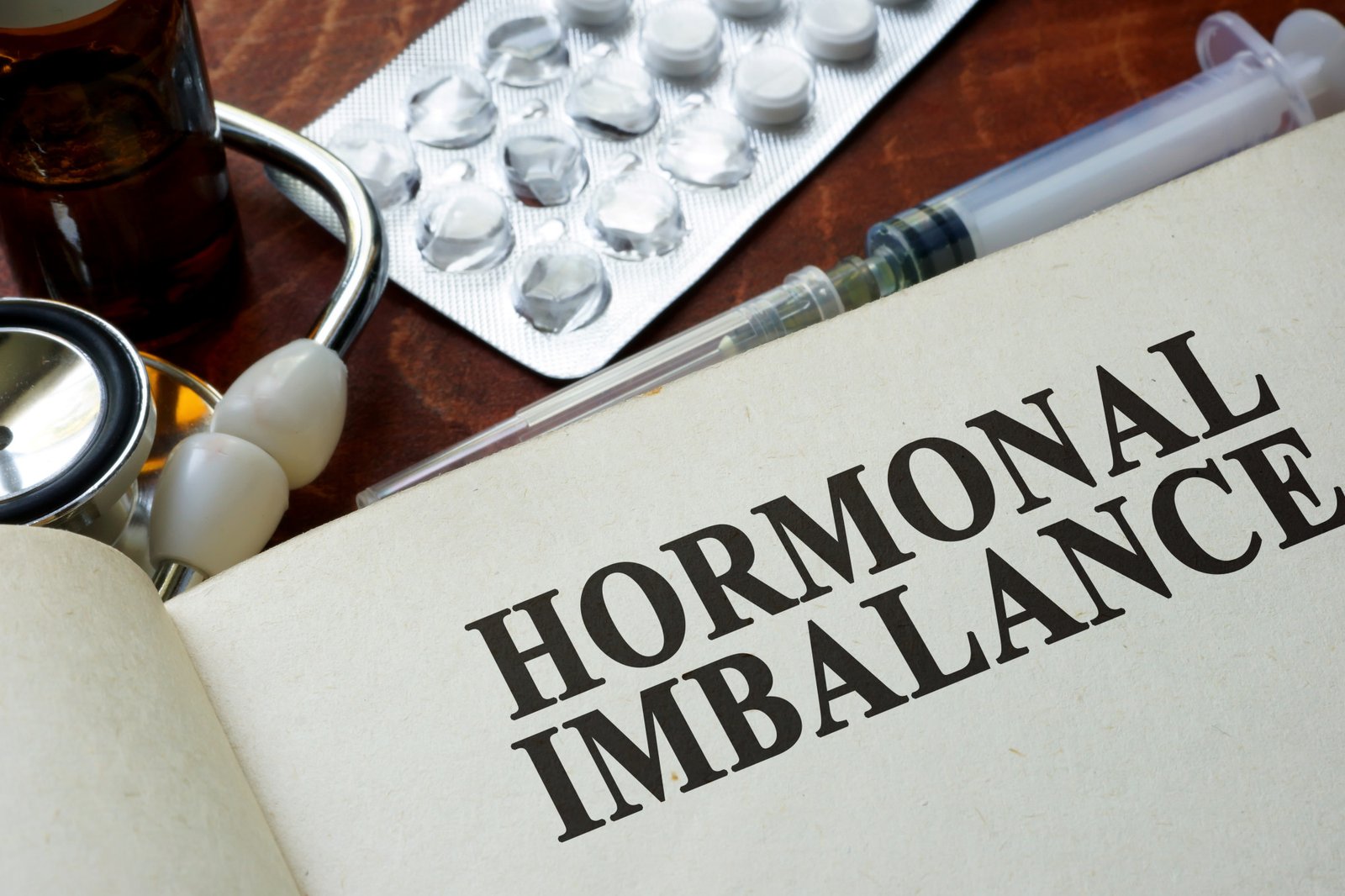Table of Contents
A survey of women in the United States found that 47% of women have experienced hormonal imbalance symptoms. However, many people don’t realize what these symptoms are or how much they affect their health, which makes it more difficult to diagnose.
Do you want to learn more about the signs of hormonal imbalance and what you can do to correct it?
Keep reading this article for the top symptoms that accompany hormonal imbalances.
1. Hair & Skin Problems
One of the most common symptoms of hormone imbalance is dealing with hair and skin problems. These areas of your body are especially impacted because hormones known as androgens stimulate the hair follicles in the skin.
If your thyroid hormone changes, this can also cause your hair to become thin and easier to break. Often, this leads to a lot of hair loss and thinning.
Similarly, hormones that are out of balance can lead to breakouts on your skin. Many people deal with acne, dry skin, or other skin conditions when they have problems with their hormones. If you have had any unexplainable breakouts with your skin, you may want to take a hormonal imbalance test to identify the cause.
Luckily, hair loss and skin problems from hormone imbalance do not have to be permanent. Once you have rebalanced your hormones, you will have more energy and you will see your hair begin to grow and improvements to your skin.
2. Difficulty Sleeping
Next, you may have a hormone imbalance if you are constantly fatigued and still have difficulty sleeping.
One reason that you may have difficulty sleeping, even when you are tired, is if you have excess cortisol in your body. This stress hormone can make it difficult for you to turn off your brain at night.
While it is natural to experience some sleeplessness in times where you are extra stressed, having routine sleeplessness is not normal and is bad for your body.
Sleep can also be affected by an imbalance of testosterone or estrogen. This is especially true for women going through menopause, as hot flashes and other symptoms of menopause may make it more difficult for them to fall asleep.
When you rebalance your hormones, you will be able to have a normal sleeping schedule with deeper sleep that is more restful.
3. Mental Health Problems
Another common sign of hormone imbalance is struggling with mental health. This is because hormone imbalances can cause physical, emotional, and mental side effects.
As was mentioned before, the stress hormone cortisol may play a big role in these mental health problems. If you have excess cortisol you will feel more stressed, which can lead to anxiety or depression.
While some types of stress are normal and even healthy, if it affects your daily life and makes it difficult to function, you may need to seek help from a mental health professional.
Often, people also experience depression or anxiety as a result of hormone imbalance because it affects your thyroid production, as well as your estrogen, progesterone, and testosterone levels.
4. Cold Hands and Feet
Many people have cold hands or feet that are difficult to warm up. While this could be a sign of many other things, like an iron deficiency, it can also be the sign of an underactive thyroid.
Your thyroid controls your metabolism, as well as a few specific hormones. Some of these hormones are responsible for telling your body’s cells how much energy they should use. If your thyroid is underactive, it will be difficult for your body to create enough energy to keep your body warm.
An underactive thyroid is also known as hypothyroidism, which slows down your energy and decreases energy output. In many cases, people with hypothyroidism suffer from low body temperature during rest.
Because your body doesn’t create as much heat, your body will be colder than normal. This often starts in your extremities, like your hands and feet. There are also other diseases, like Raynaud’s disease, that cause your extremities to feel cold in response to stress.
If you deal with hands and feet that are always cold, you can ask your doctor about hormone imbalance tests that you can take.
5. Weight Gain or Difficulty Losing Weight
Finally, you may have a hormonal imbalance if you have gained weight or have difficulty losing weight. This can be caused by many different hormones.
For example, you may have an excess of the stress hormone, known as cortisol. This is an essential hormone that helps you in survival situations, but it can also increase your appetite and cravings.
You may also have imbalances with your leptin and ghrelin hormones, which are known to affect your hunger and fullness cues. In these situations, you may be eating more often and in larger portions.
TRT high estrogen symptoms sometimes include weight gain as well. This is often because it causes men to retain water, which can make them look like they have gained weight. TRT high estrogen can also lead to increased body fat, especially in the belly area.
Learn More About Hormonal Imbalance Symtpoms Today
When you have a hormone imbalance, it can be difficult to recognize. By learning more about each of these signs of hormonal imbalance, you can be more prepared to treat it!
If you have any of these symptoms and want to learn how to fix hormonal imbalances, we can help! Our website features articles on health, fitness, sleep, and lifestyle and can help you learn how to take control of your health.
Check out our articles today to learn more about rebalancing your hormones and improving your overall health.

